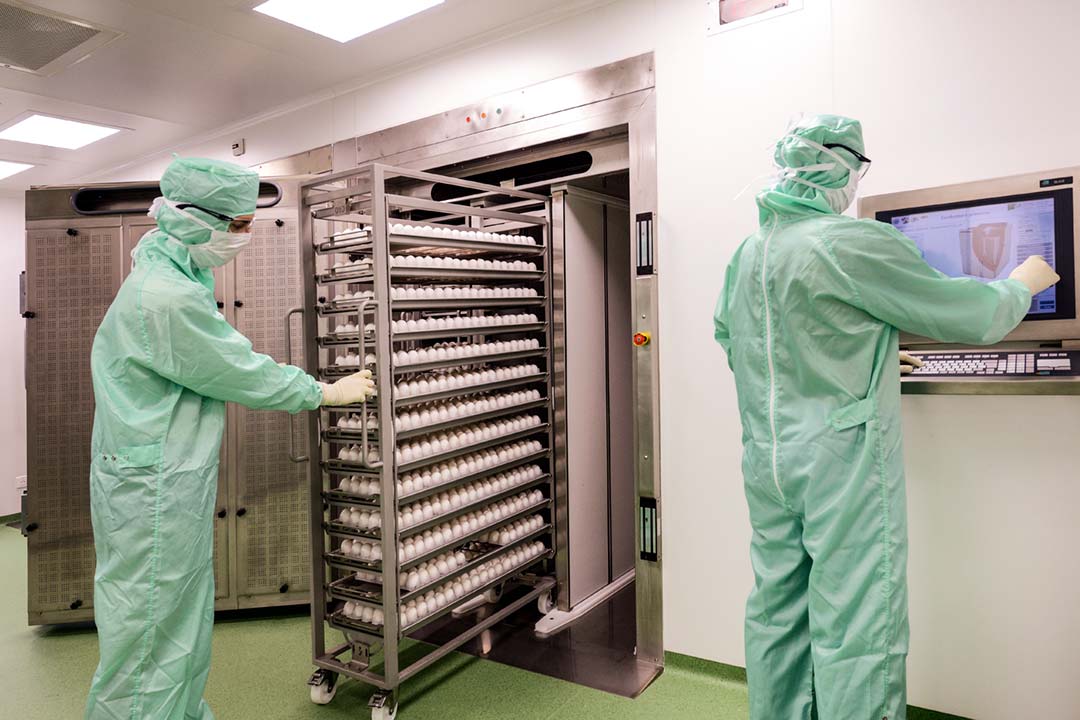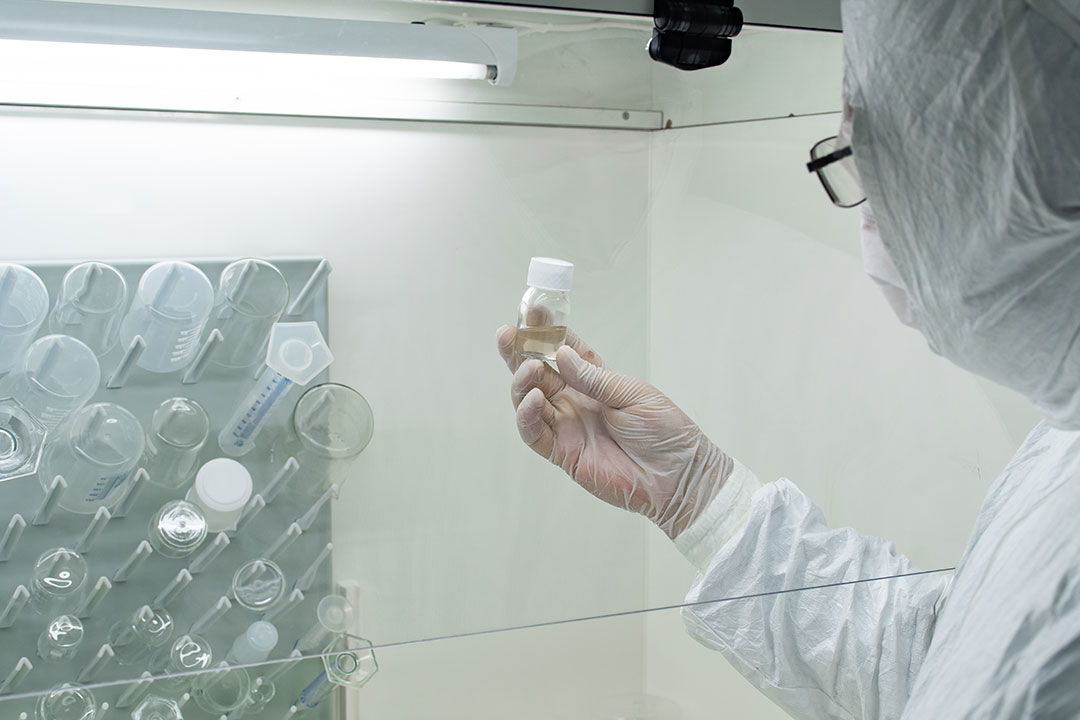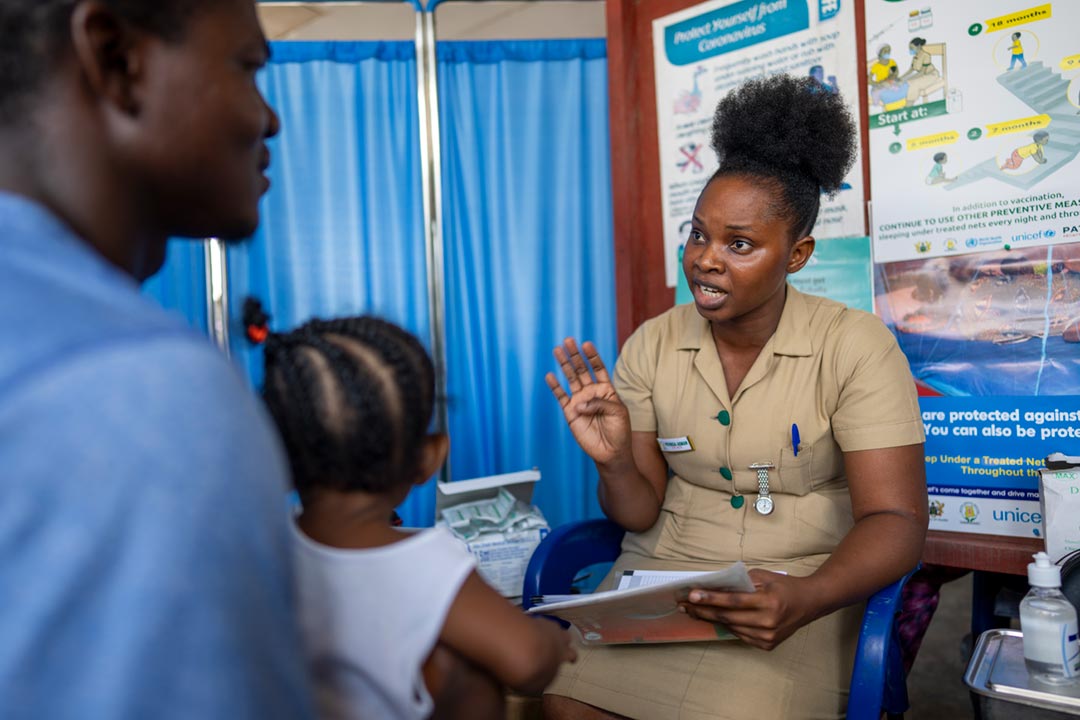New research suggests COVID-19 vaccines can slow the spread of disease, even with Omicron
A study of SARS-CoV-2 transmission shows the importance of vaccination in reducing the risk of transmission and cutting COVID-19 cases.
- 1 September 2022
- 3 min read
- by Priya Joi

What is the research about?
The transmission dynamics of SARS-CoV-2 have shifted since the start of the pandemic. Before widespread vaccination, most people were susceptible, especially those with underlying conditions, or those with weaker immune systems. Vaccination helped reduce transmission, however since the surge of the Omicron variant, breakthrough infections among vaccinated individuals and reinfections among previously infected individuals are more common.
The data shows that although vaccination may not entirely eliminate the risk of a vaccinated person with a breakthrough infection from spreading the virus to others, it can greatly reduce the risk.
We know that vaccination continues to be effective at preventing severe disease and death and protecting against Long Covid, but researchers decided to look at how well vaccination and booster doses stop the transmission of infection in people who have breakthrough infections.
What did the researchers do?
Contagious diseases such as COVID-19 spread easily in prison settings, often because of overcrowding and prisoners sharing cells with inadequate ventilation and sanitation. In this unpublished preprint, researchers report on the infectiousness of SARS-CoV-2 infections in a US state prison system during the Omicron wave.
They looked at infections in people who have been vaccinated or previously infected compared with unvaccinated and previously uninfected individuals. To do this, they analysed data obtained between December 2021 to May 2022 through SARS-CoV-2 surveillance across 35 California prisons on 22,334 confirmed SARS-CoV-2 infections and 31 hospitalisations due to COVID-19.
They sifted through these cases to identify 1,261 index cases based on the inclusion criteria of having a positive SARS-CoV-2 diagnostic test, continuous incarceration that started prior to 1 April 2020, and having a close contact in a shared closed-door cell for at least one night while the index case was infectious.
Have you read?
What did they find?
The overall risk of transmission to close contacts was 29%. However, people who had not been vaccinated had a higher risk (36%) of transmitting the virus compared to vaccinated people, whose risk was 27%.
The researchers estimate that index cases who had received more than one COVID-19 vaccine dose had a 24% lower risk of transmitting infection than unvaccinated index cases. Each additional dose was associated with an average 12% reduction in risk of transmission to the close contact. Those who had a previous SARS-CoV-2 infection had a 22% reduction in risk of transmission. Finally, having both the vaccine and a previous SARS-CoV-2 infection was associated with a 41% reduction risk of transmission.
What does this mean?
The data shows that although vaccination may not entirely eliminate the risk of a vaccinated person with a breakthrough infection from spreading the virus to others, it can greatly reduce the risk.
This is especially important in low-income countries, where efforts to increase COVID-19 vaccination continue, especially through COVAX and the COVID-19 Vaccine Delivery Partnership (CoVDP). This remains critical in ensuring vaccine equity against a disease that continues to claim many lives.








